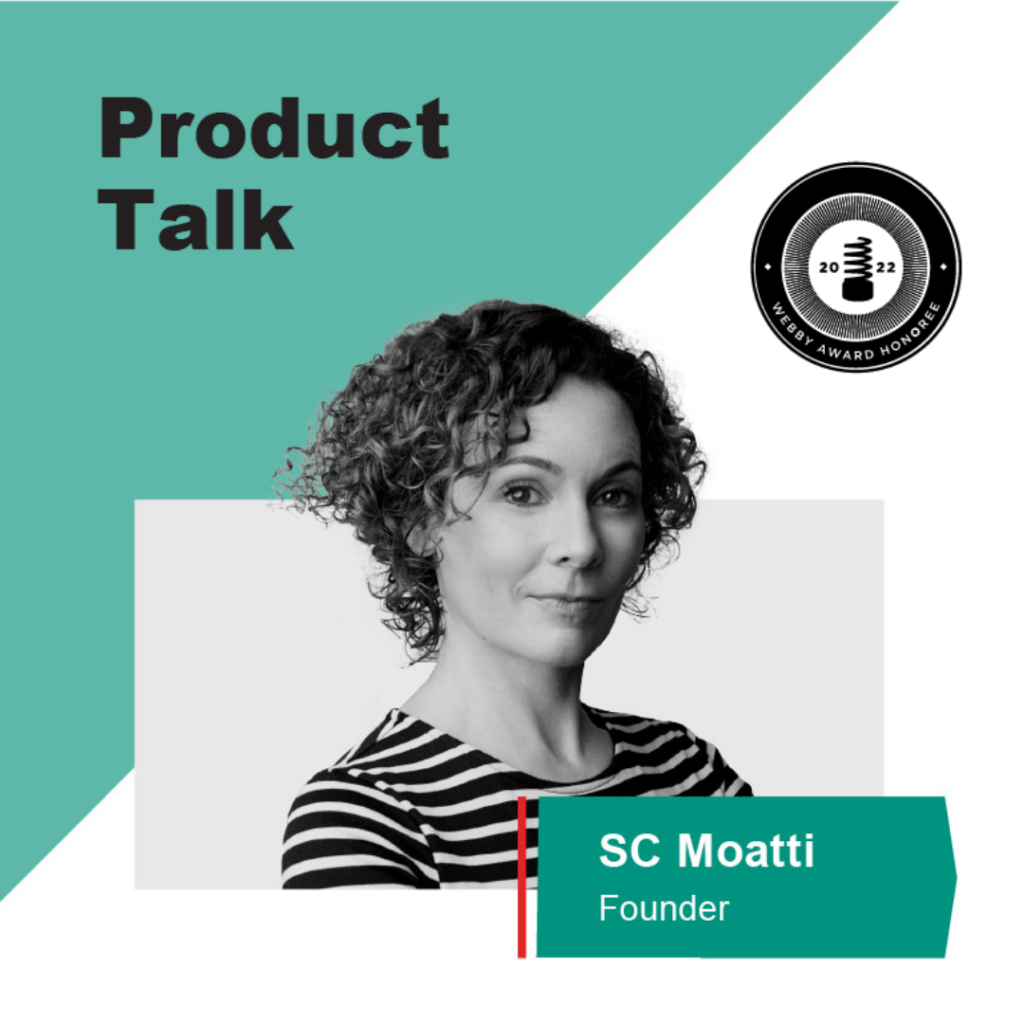As product managers, we are told to be curious. There are many books, guides, and resources explaining how to create a product management framework that drives achieve success. Is it truly one size fits all or different frameworks for different problems? In this episode, Product Talk host and ALTR Product Lead, Neha Shah, interviews Zoopla Product Head Yanislava Petrova who shares insights on how PMs can craft their own frameworks.
Subscribe to the Product Talk podcast on Spotify and Apple Podcasts, and make sure you never miss a single product conversation with leading product executives. New episodes live every Wednesday.

On Applying Framework Principles
Product managers can discover and develop frameworks through principles found in books, guides, and other resources. From here, it is all about craft and context.
“My kind of philosophy on frameworks is that you need to learn the rules like a pro, so you can break them like an artist. It’s something that Picasso said back in the day. In terms of framework, there are two very important things: there’s the craft, and then there’s the context.
“In terms of craft, it’s really important to keep up to date in the field. Get books, read the techniques, and have various ways to find a vision for your product. Then assess opportunities. Go through discovery. It is important to establish a solid foundation so you really understand how to do product.
“Then, and probably even more importantly, there is the context. That is the single most important factor that determines, first, what framework to use, and, second, how to adapt it. When I say context, I think about my days in the big travel company of 55,000 people that was going through a digital transformation. Something that works really well there would not have worked at all in a health startup environment with a company that’s growing three times its size in two quarters that wants to disrupt how people see healthcare by the end of the year.
“It’s just so important to consider things like the size of your company things. Are you a publicly listed company or are you about to become public? How is the team set up? What is your industry like? Is your industry risk-averse or are your mistakes going to be detrimental? If you optimize e-commerce websites, probably even your worst mistake would still be better than making a mistake in healthcare. All this defines the context in which you work. The context is king here in terms of what will make you successful.”
On Winning Over Teams With Frameworks
While books create good groundwork, it comes down to experimentation and being organic with creating frameworks that work best for you and your product management team.
“This is where it’s quite interesting to apply product management experimentation to your own frameworks. After looking at your context, understand there’s usually a difference between the environment framework book describes and the environment we actually operate in. Framework books assume a certain level of setup that you know that your vision is fixed for at least a certain amount of time that you won’t be pivoting quite frequently, or that you’re set up with a fully staffed team and set up for success.
“This is where you need to look at what is my environment like and what am I being given here in terms of resources, access to resources, kind of organizational culture? Take that as a basis of experimenting and iterating with frameworks.
On Breaking Into PM Roles
“So don’t start from scratch; don’t forget about everything you’ve read. Use frameworks you really like Framesworks that are lean enough for a startup or robust enough for a high-risk industry. Then don’t be afraid to tweak things from these frameworks that don’t work for you. Try to bring your team along in figuring out what might be a better fit for your team.”
Yanni also shared advice on how to break into product management roles no matter what your background is. Earlier in the conversation, she mentioned it is rare in the UK to see a PM with an engineering degree, so nothing should stop ambitious future PMs from trying.
“Don’t let your background stop you. I’ve seen many great product managers actually not come from an engineering background and make a shift from a different discipline. As long as you have the intellectual curiosity, the user-centricity, a type of problem solver who wants to impact the world through solving difficult problems, then product is for you.
“Just speak to the product managers around you to get their advice. … People are happy to support you, so speak to everyone around you and make a move into the field.”
About the speaker
About the host
My experience covers the trifecta of B2B Product Management, Sales, and Marketing. I also co-founded a B2C startup focused on family and education technology. I believe technology can be a creative and powerful driving force for change, and am passionate about building products that improve every day experiences.